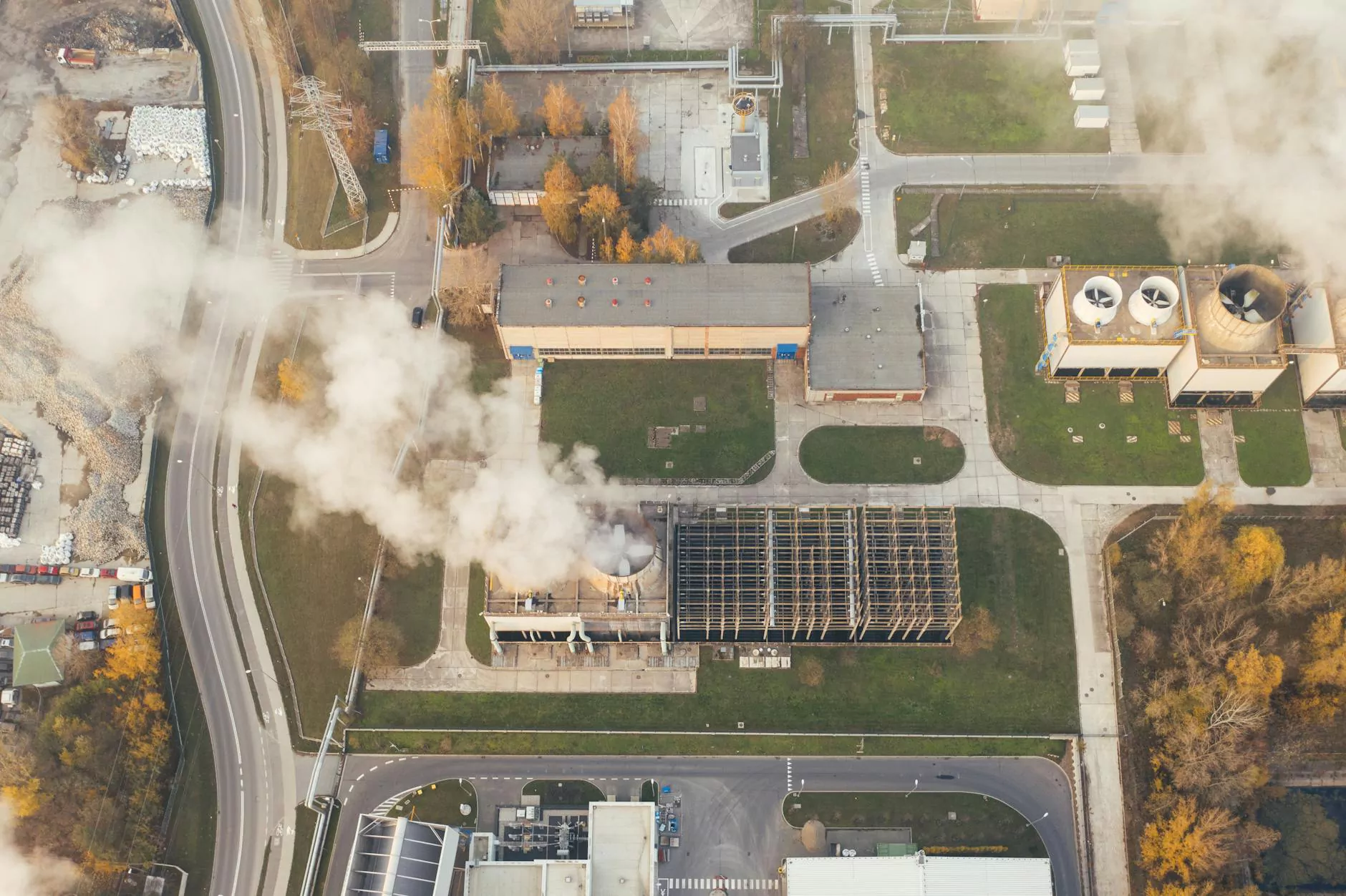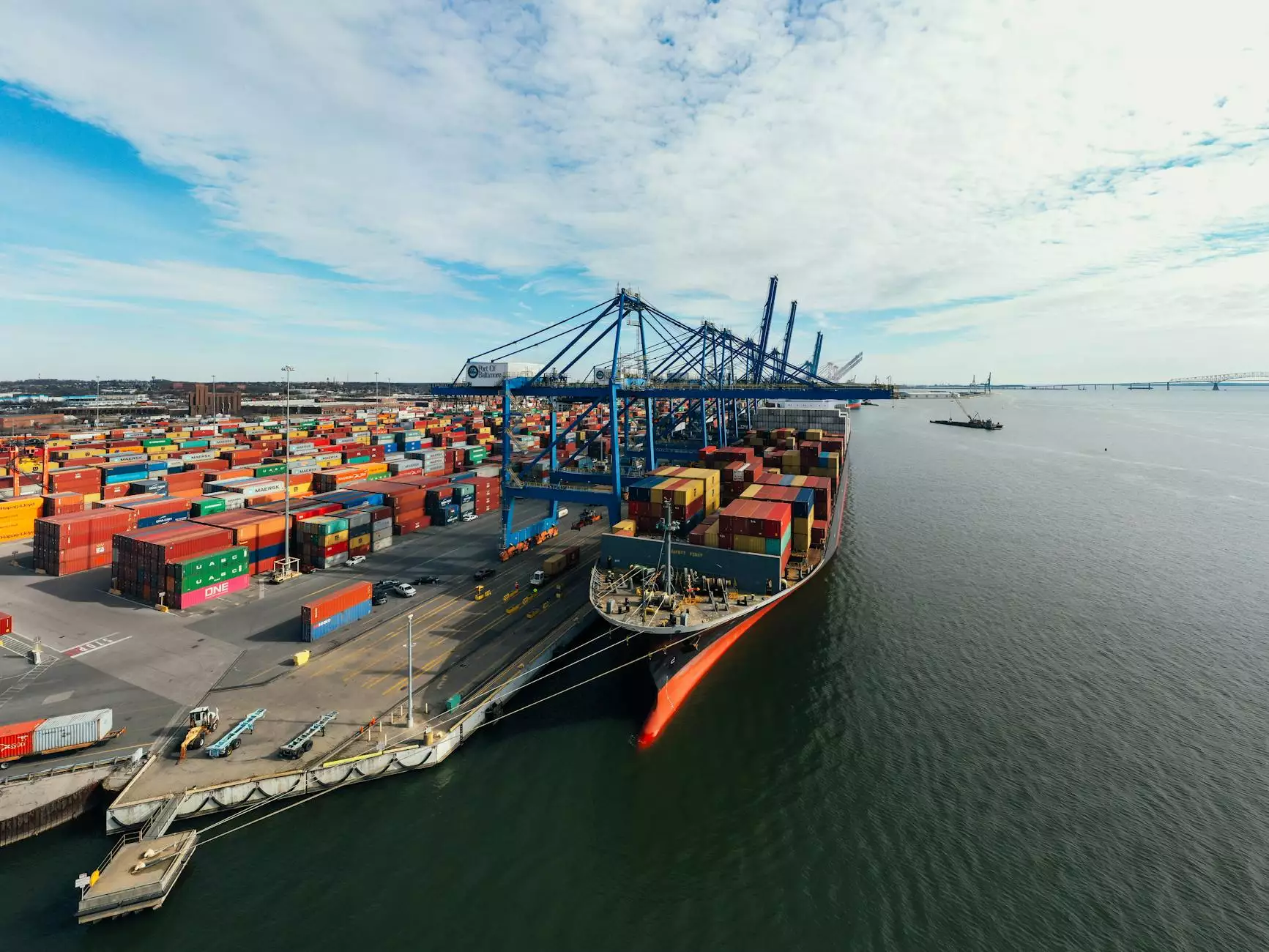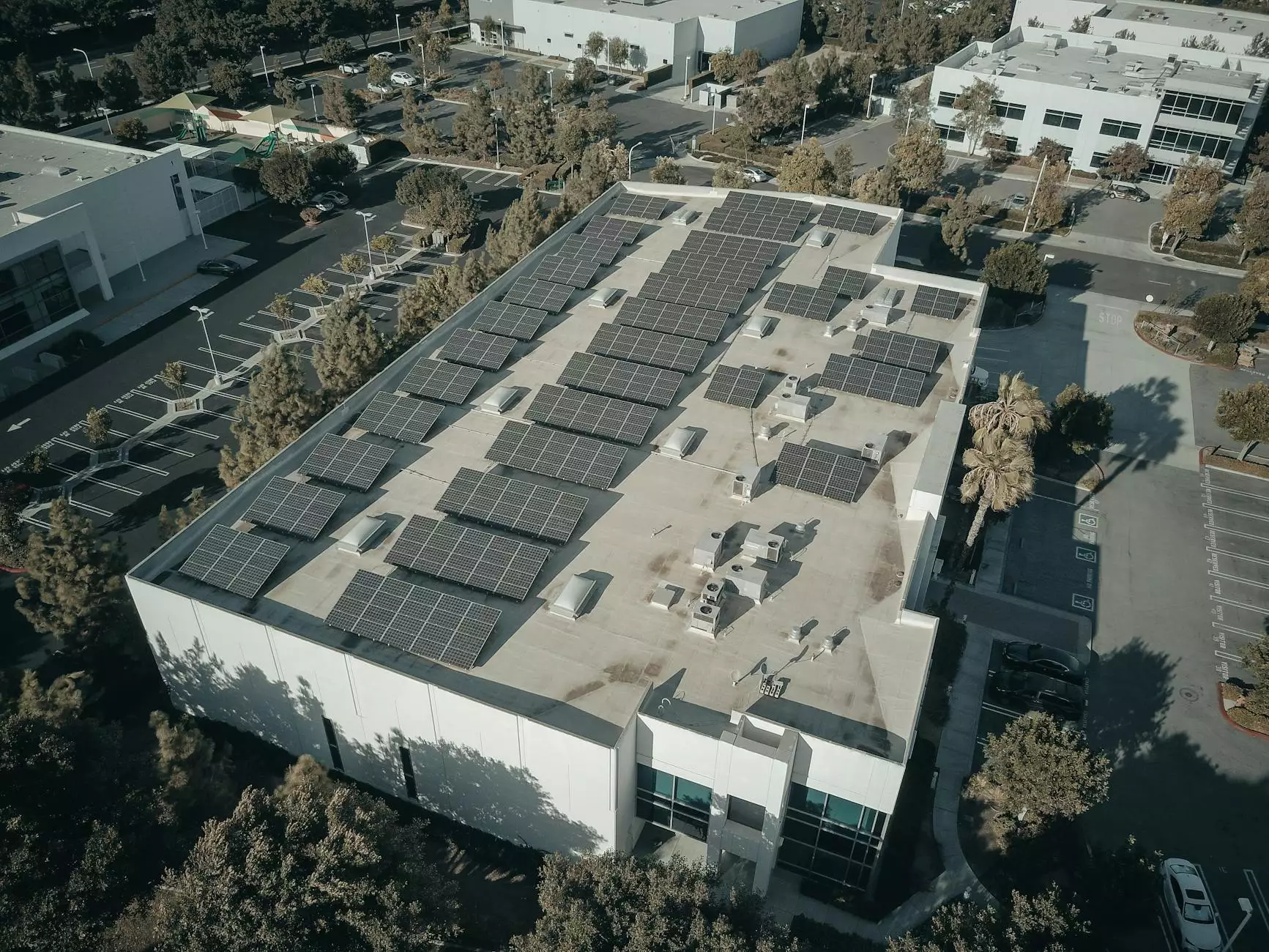EPA Issues Final Rules To Reduce Methane Emissions from MSW Landfills

Overview of the EPA's Final Rules
The Environmental Protection Agency (EPA) has recently issued final rules aimed at reducing methane emissions from municipal solid waste (MSW) landfills. These new regulations are designed to mitigate the impact of landfill gas on climate change, air quality, and public health.
Understanding Methane Emissions and Landfills
Methane is a potent greenhouse gas that contributes to global warming. It is released during the decomposition of organic waste in landfills. MSW landfills are a significant source of methane emissions, accounting for a considerable portion of the total methane produced in the United States.
The Environmental Impact
Methane emissions from landfills not only contribute to climate change but also pose environmental risks. Landfill gas, which includes methane, can potentially contaminate soil, groundwater, and nearby bodies of water. It can also create an unpleasant odor and have adverse effects on local air quality.
Public Health Concerns
In addition to environmental concerns, methane emissions from landfills can have implications for public health. Inhalation of methane gas may cause respiratory problems and exacerbate existing conditions such as asthma. By reducing methane emissions, the EPA aims to protect both the environment and public health.
The EPA's Final Rules: Key Highlights
The EPA's final rules for reducing methane emissions from MSW landfills include several crucial provisions. These regulations require landfill owners and operators to implement specific measures to minimize methane emissions and manage landfill gas effectively. Some of the key highlights include:
1. Emission Limits
The new rules establish emission limits that landfill owners and operators must meet. These limits are based on the volume of waste deposited in the landfill and aim to reduce methane emissions over time.
2. Surface Emission Monitoring
Landfills are now required to implement surface emission monitoring systems to detect and address any potential leaks or malfunctions promptly. Regular monitoring will help ensure that landfill gas is effectively collected and controlled.
3. Control Measures
Landfill owners and operators must now use specific control measures to minimize methane emissions, such as gas collection systems, gas treatment, and flaring. These measures are essential to reduce the release of methane into the atmosphere.
4. Compliance Reporting
The EPA's final rules also include stringent reporting requirements. Landfill owners and operators are obligated to regularly report their compliance with the emission limits and provide documentation of their control measures and monitoring efforts.
Legal Assistance with Environmental Matters
Richardson Law Firm PC is a leading legal firm specializing in environmental and government matters. Our experienced team of attorneys understands the complexities of environmental laws and regulations, including those addressing methane emissions from landfills.
Our Commitment to You
As advocates for a sustainable environment, we are committed to helping clients navigate the legal landscape surrounding methane emissions and environmental regulations. Our expertise allows us to provide comprehensive legal advice and representation tailored to your unique needs.
Contact Us Today
If you have any questions or require legal assistance regarding the EPA's final rules on methane emissions from MSW landfills, do not hesitate to contact Richardson Law Firm PC. Our team is ready to provide expert counsel and guide you through the legal processes involved. Together, we can work towards a greener and more sustainable future.








